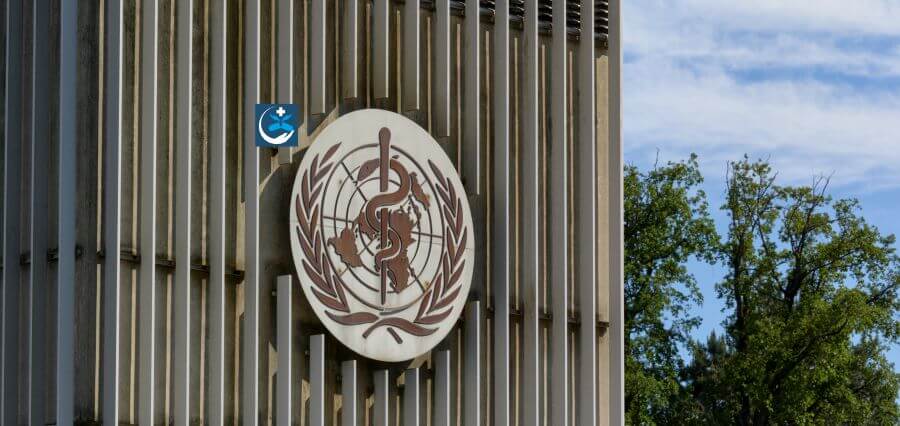WHO, along with the Kingdom of Saudi Arabia, reportedly announced a significant milestone on its digital health initiative to promote the improvement of health for Hajj pilgrims. It targets approximately 3 million people who visit Hajj each year.
This health card lies at the heart of the initiative and has been in collaboration with the WHO Global Digital Health Certification Network (GDHCN). The health card primarily aggregates critical health information for participants about adherence to their medications, allergies, immunizations, and any pre-existing conditions. The e-card empowers the pilgrims so that they do not lose control over their health data. Such comprehensive, up-to-date health information will be accessible to authorized health providers who can provide individualized, excellent care, especially in emergencies, as pilgrims journey through Saudi Arabia.
Dr. Jeremy Farrar, Chief Scientist at WHO, said “Today is a landmark step toward helping WHO member states gain access to secure, person-centered digital health technologies. We thank the Kingdom of Saudi Arabia, participating countries, and the WHO Regional Office for the Eastern Mediterranean for this partnership, and we look forward to developing capacity and infrastructure in digitized health systems.”.
Actually, with around 3 million pilgrims from more than 180 countries each year, the Hajj pilgrimage continues to be the largest gathering of its type in the world. Over 250,000 pilgrims from Indonesia, Malaysia, and Oman received the Hajj health card as part of a trial program last year, demonstrating the viability of implementing national versions of the card that adhere to international standards and enabling safe and high-quality care.
WHO is further expected to collaborate with Saudi Arabia. The government and its implementation partner, LEAN, are likely to provide technical support and improve data security for more countries who may be keen to participate in the program.
WHO Regional Director for the Eastern Mediterranean Dr. Hanan Balkhy pointed out, “This partnership significantly enhances the safety and well-being of millions of pilgrims in all parts of the world. Through digital health solutions, we are enhancing not only the quality of care but also the strength of health systems in the Eastern Mediterranean Region and beyond.”
Since its founding in 2023, the network has expanded to include more than 80 WHO member states and enables cross-border confirmation of the veracity of health data. Strong PKI encryption guarantees that people’s private health information is kept secure and confidential. The goal of this project should be to develop a digital framework that would enable health credentials that are accepted by international standards to cross national boundaries. This would improve access to healthcare globally and facilitate the administration of applications.

